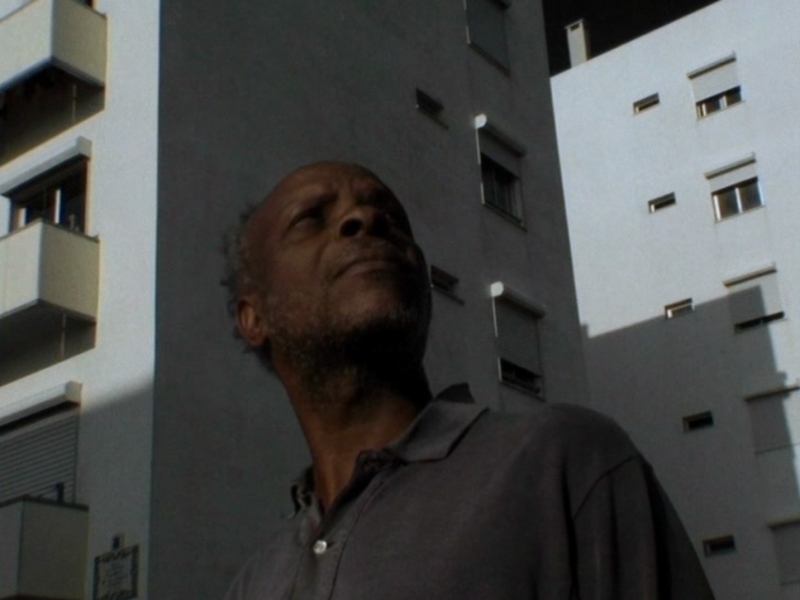
The Portuguese filmmaker Pedro Costa made his first film, Blood, in 1989. In 1994, Down to Earth followed, which was filmed in Cape Verde. Costa came back from the island with a number of parcels and letters from Cape Verdeans he had met there, addressed to their relatives and friends who had emigrated to Portugal. His task as a postman brought him to Lisbon’s Fontainhas neighbourhood, where many migrants were living at the time. After this first contact with the inhabitants of the neighbourhood, Costa kept returning there, filming Ossos in 1997, the first instalment in a series of films he would make with the inhabitants of Fontainhas. Pedro Costa: “Fontainhas is, indeed, the product of something, of the factories here, of people moving from some northern Scottish village to Sheffield. That is what it’s about.”